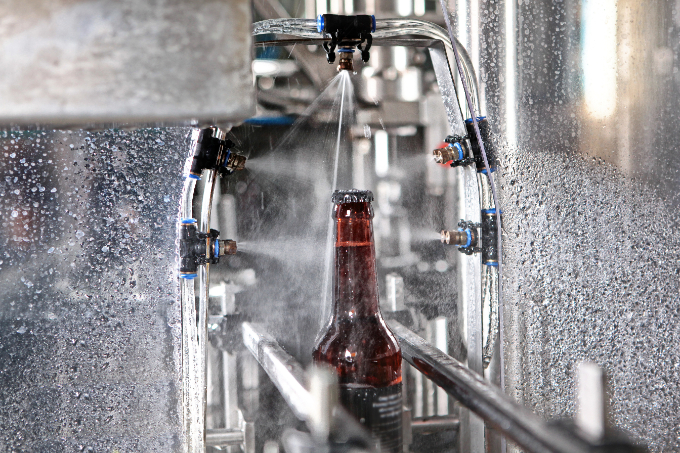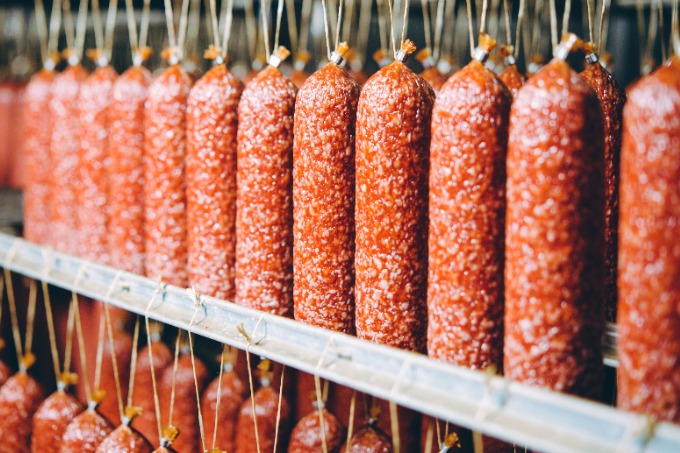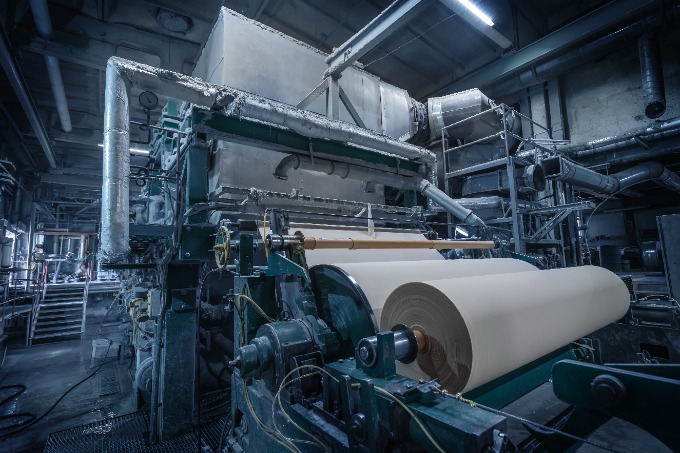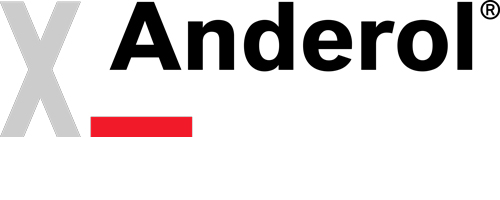The following article was originally published in the Belgian, online news platform for Food and Beverage industry, FoodTec https://www.foodtec.be/artikel/smeeroplossingen-op-maat-van-de-moderne-brouwerij/
This not only places heavy demands on personnel and machines, but also on the oils and greases that provide the necessary lubrication in almost every facet of production.
Anderol B.V. is a producer of synthetic oils and active in various niche markets. With an extensive range of food-safe lubricants – certified by NSF H1 registration, ISO 9001 and ISO 21469, as well as Kosher and Halal labels – it has focussed specifically on the food sector for several years and is a supplier of choice for many breweries worldwide. In this article Anderol B.V. and Verolub, its Belgium distributor, highlight the most important lubrication points in the beer brewing process.
No more compromises
“In the past, companies in the food sector almost by definition had to make compromises,” explains Kurt of Belgian distributor Verolub. “In order to comply with food safety regulations, many mineral lubrication solutions sacrifice some functionality and quality. That is not the case with our synthetic solutions. Through balanced formulations of base oils and additives, we are able to develop lubricants that meet the highest functional and safety requirements, both within our standard food-grade range and, if necessary, customized solutions.”
Synthetic oils are formulated according to balanced formulations tailored to the application.
Much greater performance demands are placed on lubricants today. “In order to increase plant efficiency, we are working at increasingly higher temperatures, pressures and production speeds. At the same time, machines are becoming more compact and the oil content is therefore smaller. This is a challenging situation, because it leads to faster obsolescence, while production stops due to maintenance should also be avoided as much as possible.” In order to ensure the lifetime, efficiency and overall performance of lubricants – and consequently plant efficiency – in these harsh environments, Anderol is committed to producing lubricants with certain key characteristics. “Firstly, synthetic lubricants have a high thermal stability, so that our products deliver optimum performance at both very low and very high temperatures. Secondly, we ensure less rapid aging through high oxidation stability, in order to extend maintenance intervals. Thirdly, we always strive for the cleanest possible machine lubrication, particularly by reducing carbon deposits to a minimum. As a result, components last longer without having to be cleaned. Finally, a fourth point of attention in our formulations is high film strength. This ensures good adhesion of the lubricants to the materials, even in conditions with a lot of water or steam, and therefore optimal lubrication and again less wear.”
Lubricants are used in almost every stage of beer production, from the malting and brewing itself, to the transportation, cleaning, filling, sealing, labeling and stacking of bottles and other packaging. “Each of those process steps has different lubrication points. Broadly speaking, and across the entire process, we identify the five main types of application that require lubrication.”
1. Lubrication of compressors and vacuum pump
“Here, performance at high temperatures, low oxidation and limited carbon deposition are crucial, as are low volatility and high resistance to water and steam. In most cases, we suggest Anderol® FG XL lubricating oil, but for an extra long lifespan, the new Anderol® SynCom FG HiPerf is also an option.In the brewhouse itself, where the fermentation processes sometimes release a lot of acids, Anderol® C-NRT can be the right inert solution.
2. Lubrication of hydraulic systems
A second typical lubrication point are the hydraulic systems. “It is important here that it is possible to start up cold and that the lubricating oil also performs well under high pressure. The best solution is therefore the Anderol® FGH series.”
3. Lubrication of conveyor belts and chains
For conveyor belts and chains, Anderol® has the Chain Oil FG 220 XL in its range. “It maintains its strong performance even at very high temperatures, penetrates easily into the links and has minimum carbon deposits, so that links do not lock.”
4. Lubrication of Gears
Fourthly, there are the gears. “Here it is important that lubricants limit friction and wear. We generally recommend the Anderol® 6000 series for this, but there is also the 7000 FG series especially for worm gears.
5. Lubrication of bearings
Finally, Kurt refers to the bearings. “We have a wide range of greases such as aluminum and calcium sulphonate complexes, which are used depending on the application. The Anderol® 783 series, the PQAA series and the FG CS series are regularly used.”
For further information and advice on choosing the right lubricant for your equipment please contact your nearest Anderol distributor.
For a complete overview of the lubrication points in a bewery, view our application flowchart.





